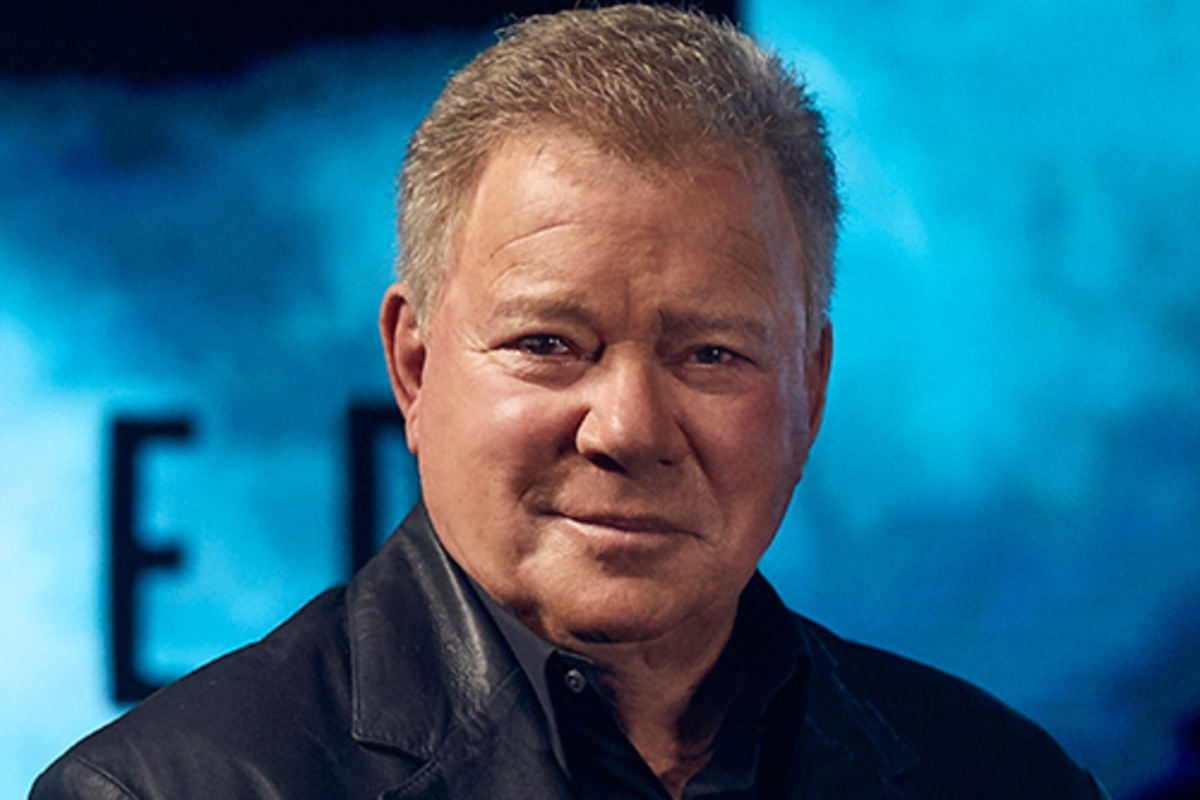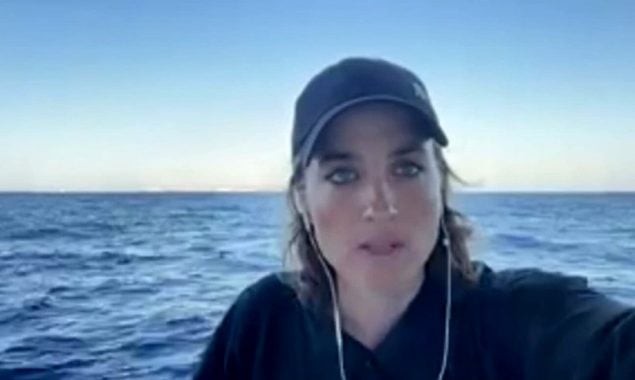- Hollywood hunk William Shatner had “grief” after entering space.
- The actor, best known for his lead role as Captain Kirk in the “Star Trek” series, launched into space in October 2021 aboard Jeff Bezos’s New Shepard NS-18 rocket.
- However, the actor has since admitted that the experience wasn’t as “beautiful” as he had anticipated.
Hollywood hunk William Shatner had “grief” after entering space. The actor, best known for his lead role as Captain Kirk in the “Star Trek” series, launched into space in October 2021 aboard Jeff Bezos’s New Shepard NS-18 rocket. However, the actor has since admitted that the experience wasn’t as “beautiful” as he had anticipated.
I had assumed that going into space would be the pinnacle catharsis of the connection I had been seeking between all living things—that being up there would be the next lovely step to knowing the harmony of the cosmos.
“I discovered that the beauty isn’t out there, it’s down here, with all of us. Leaving that behind made my connection to our tiny planet even more profound. It was among the strongest feelings of grief I have ever encountered.”
“The contrast between the vicious coldness of space and the warm nurturing of Earth below filled me with overwhelming sadness,” the 91-year-old went on divulging. A
“Every day, we are confronted with the knowledge of further destruction of Earth at our hands: the extinction of animal species, of flora and fauna… things that took five billion years to evolve, and suddenly we will never see them again because of the interference of mankind. It filled me with dread….”
The “Boston Legal” star continued by equating the experience of being in space to being “at a funeral,” and claimed to be going through what is known as the “Overview Effect.”
He said, “My voyage to space was supposed to be a celebration; instead, it felt like a funeral,” in his recently released book “Boldly Go: Reflections on a Life of Awe and Wonder”. It is known as the “Overview Effect,” and astronauts like Yuri Gagarin, Michael Collins, Sally Ride, and many more frequently experience it. In essence, when a person goes to space and sees Earth from orbit, an instinctual awareness of the planet’s fragility develops.
The phrase “there are no limits or limitations on our world save those that we construct in our minds or via human behavior” was first used by author Frank White in 1987.
“From orbit and the moon, all the thoughts, and conceptions that separate us when we are on the surface start to disappear. The end outcome is a change in identity and worldview.”
[embedpost slug=”kelly-rizzo-write-a-heart-touching-note-to-her-late-husband-bob-saget/”]





















